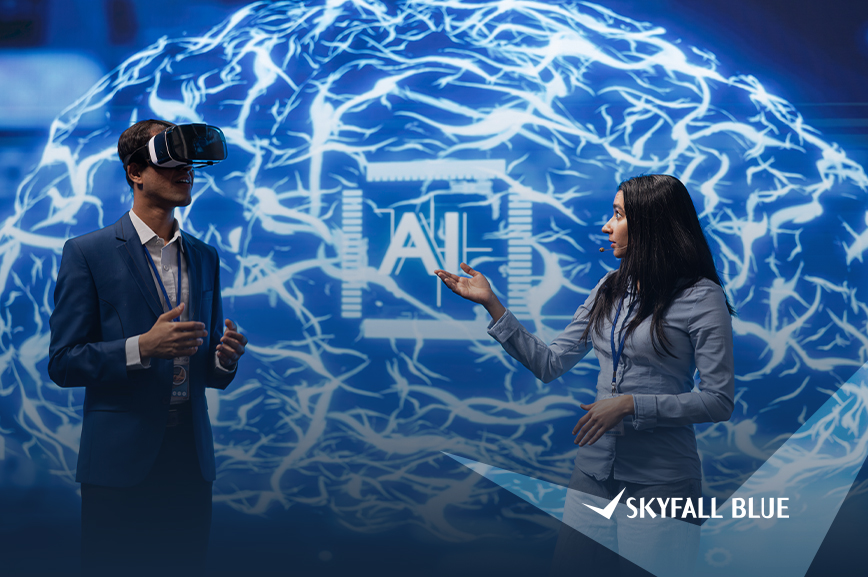Artificial intelligence is reshaping how brands communicate, from AI-generated influencers to automated ad campaigns. But with this rapid evolution comes growing consumer skepticism. In 2025, audiences increasingly ask: Is this real? Who is behind this message? In an era where AI blurs the line between real and synthetic, authenticity has become the most valuable marketing currency.
1. The AI Authenticity Gap
Consumers know when content feels artificial. AI can generate perfectly polished images, but often lacks cultural nuance, emotional depth, or lived experience. This gap creates mistrust. A fashion campaign created by AI might look flawless, but without authentic storytelling, it feels soulless. In hospitality, a hotel’s AI-generated images of experiences cannot replace real guest stories that showcase genuine emotion.
2. The Rise of AI-Generated Influencers
Virtual influencers are gaining traction globally, offering brands scalability and control. But studies show younger audiences prefer human influencers they can relate to. While AI avatars can amplify reach, they cannot replicate the trust built through lived authenticity. The future lies in hybrid models: combining AI’s efficiency with human-driven storytelling that connects emotionally.
3. Transparency Builds Trust
Brands that disclose when AI assists in campaigns build credibility. Whether noting AI-generated visuals or chatbot-driven responses, transparency signals respect for the audience. Hiding AI involvement risks backlash when discovered. Consumers value honesty more than perfection, and open communication strengthens loyalty.
4. Humanizing the Digital Experience
Even with AI automation, human interaction remains irreplaceable. A medical spa using AI chatbots for appointment bookings must still have empathetic staff to guide treatments. A luxury hotel leveraging AI for personalized offers must still deliver genuine hospitality in person. Technology supports efficiency, but people deliver connection.
5. Storytelling Anchored in Reality
Stories rooted in heritage, culture, and lived experiences will always outshine synthetic narratives. A Riyadh hotel highlighting Saudi heritage in its design choices connects more deeply than generic AI-generated campaigns. An Ottawa dental clinic sharing real patient testimonials builds trust that algorithms cannot fabricate. Authentic stories bridge the trust gap in an AI-driven market.
6. Ethics as Strategy
Brands must integrate ethical AI practices into their strategy. Protecting consumer data, avoiding manipulative deepfakes, and respecting cultural sensitivity are no longer optional. Ethical practices not only prevent reputational damage but also position brands as trustworthy leaders in a skeptical marketplace.
Why This Matters
AI will continue to drive efficiency in marketing, but efficiency without authenticity leads to disconnection. Trust is now the competitive edge. The businesses that thrive in 2025 will use AI strategically, while doubling down on human-centered storytelling, transparency, and ethics.
Final Word
In a world where AI blurs the line between real and artificial, authenticity is the anchor. Brands that lead with transparency, ethics, and genuine human connection will not only stand out but also build loyalty that lasts.
Call to Action: Skyfall Blue helps businesses blend AI innovation with authentic storytelling to build trust and long-term impact. Contact us today to create marketing strategies that connect in 2025.
Contact us at info@skyfallblue.com or visit our website to get started.
For more information, connect with us on Instagram, Facebook, and LinkedIn for updates, insights, and support.


